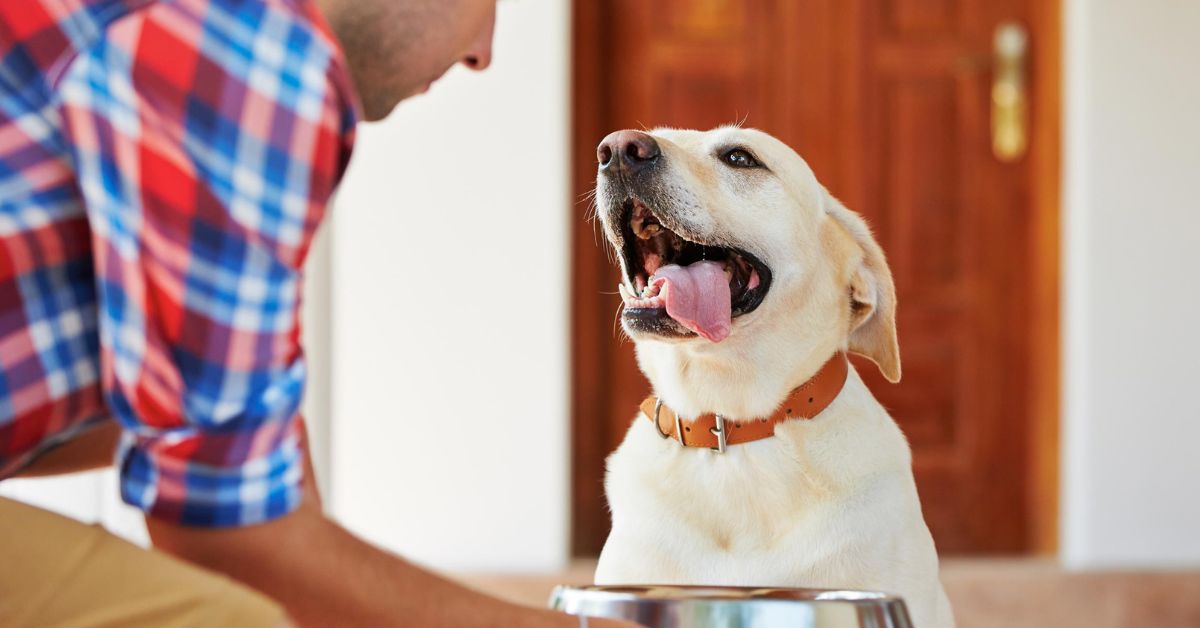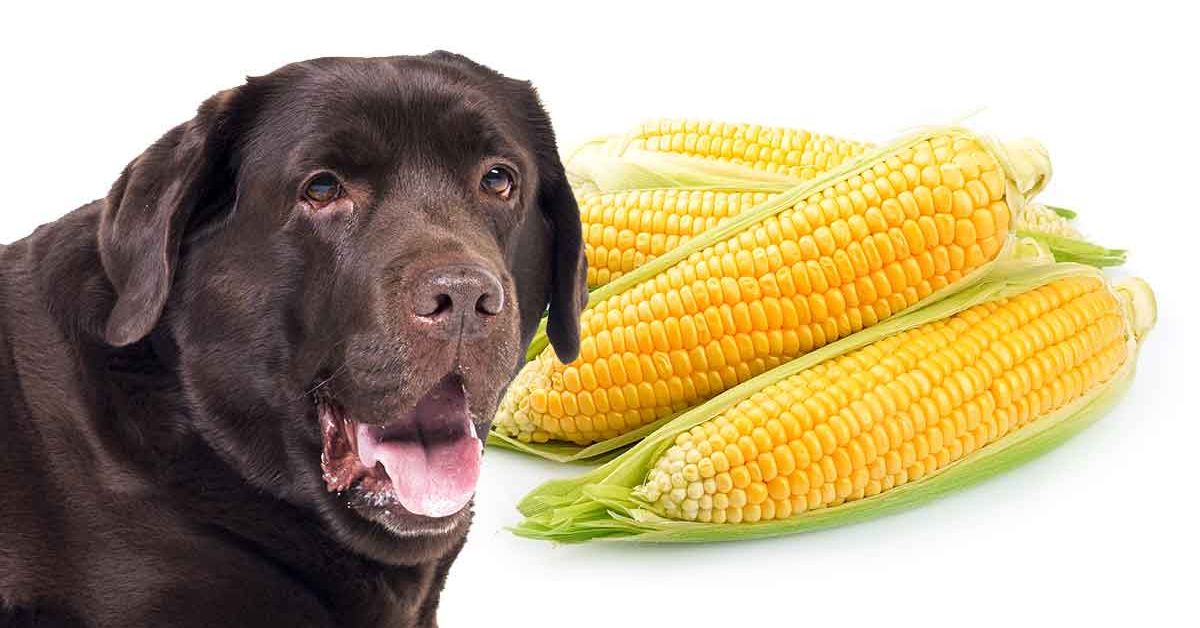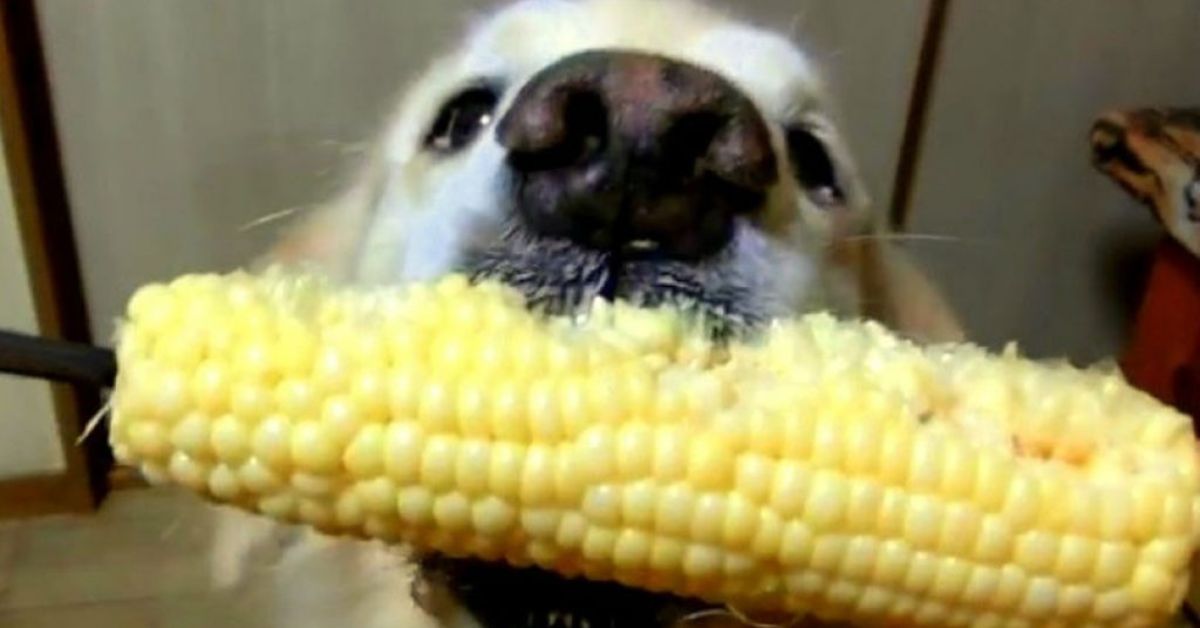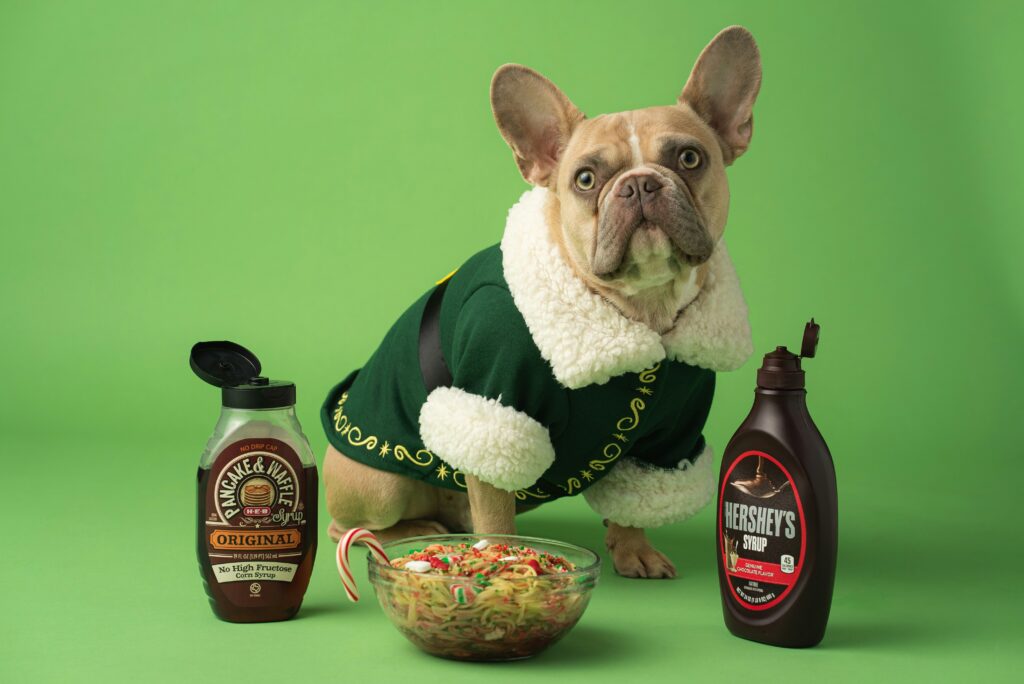Do you find yourself wondering if your dog can share some of your favorite foods? If sweetcorn is one of those foods, you’re not alone. Many pet owners are curious whether sweetcorn is safe and beneficial for their furry friends.
This blog post will explore the ins and outs of feeding sweetcorn to dogs, including its nutritional benefits, potential risks, and best practices for safe consumption. By the end of this article, How to Feed Sweetcorn to Your Dog you’ll clearly understand whether sweetcorn can be a healthy addition to your dog’s diet.
Can Dogs Eat Sweetcorn?
Sweetcorn is a popular vegetable many humans enjoy, but is it safe for dogs? The short answer is yes—dogs can eat sweetcorn in moderation.
 Sweetcorn is a good source of vitamins and minerals such as vitamin B6, magnesium, and antioxidants. When offered in small amounts, these nutrients can support your dog’s overall health.
Sweetcorn is a good source of vitamins and minerals such as vitamin B6, magnesium, and antioxidants. When offered in small amounts, these nutrients can support your dog’s overall health.
However, it’s essential to consider the potential drawbacks. Sweetcorn is high in carbohydrates, which can lead to weight gain if consumed in large quantities. Additionally, some dogs may have difficulty digesting corn, leading to gastrointestinal issues like gas or diarrhea. Learn how to feed sweetcorn to your dog safely. Follow our tips for a healthy, dog-friendly treat.
To feed sweetcorn to your dog safely, follow these guidelines:
- Always cook the sweetcorn to make it easier for your dog to digest.
- Serve it plain, without any added butter, salt, or seasonings.
- Remove the kernels from the cob to prevent choking hazards.
Can Dogs Eat Corn on the Cob?
While dogs can safely enjoy sweetcorn, corn on the cob presents a different story. If ingested, the cob can be extremely dangerous for dogs. It poses a significant choking hazard and can cause intestinal blockages, which may require emergency surgery.
Symptoms of Corn Cob Ingestion in Dogs
If your dog manages to swallow a corn cob, you may notice symptoms such as vomiting, loss of appetite, lethargy, and abdominal pain. These signs indicate a possible blockage in the digestive tract, which can be life-threatening if left untreated.
Immediate Steps to Take if a Dog Eats a Corn Cob
Contact your veterinarian immediately if you suspect your dog has swallowed a corn cob. Do not attempt to induce vomiting unless specifically instructed to do so by a professional. Quick medical intervention is crucial to prevent serious complications.
Other Corn Varieties Baby Corn and Cooked Corn
Baby Corn
Baby corn is another variety that dog owners might consider. Unlike mature corn, baby corn is more tender and accessible for dogs to digest. However, it should still be given in moderation and cooked to ensure it’s safe for consumption.
Cooked Corn
Cooked corn, whether boiled, steamed, or grilled, is generally safe for dogs as long as it’s served plain and off the cob. Ensure the corn has cooled before offering it to your pet to avoid burns or discomfort.
Corn in Dog Food and Treats
Many commercial dog foods and treats contain corn as a primary ingredient. Corn is often used as a filler or carbohydrate source in these products. While some dogs tolerate corn well, others may have allergies or sensitivities.
How to Choose Safe and Healthy Corn-Based Products for Your Dog
When selecting dog food or treats with corn, look for high-quality products that list corn lower on the ingredient list. Avoid items with excessive fillers or artificial additives. Consider switching to a corn-free diet if your dog shows signs of allergies, such as itching, ear infections, or gastrointestinal issues.
Alternatives to Corn for Dogs
If you’re looking for other healthy vegetables and grains to feed your dog, consider these options:

- Carrots are high in fiber and vitamins and are a great low-calorie snack.
- Peas: Rich in protein and fiber, peas are a nutritious addition to your dog’s diet.
- Pumpkin: Excellent for digestion, pumpkin is high in fiber and low in calories.
- Brown rice: A good source of carbohydrates and fiber, brown rice is gentle on the stomach.
- Green beans: Low in calories and high in vitamins, green beans are a crunchy treat dogs love.
Conclusion
In summary, dogs can safely enjoy sweetcorn in moderation, provided it’s prepared correctly. Avoid feeding your dog corn on the cob, which can cause choking and intestinal blockages. When introducing new foods, constantly monitor your dog for any signs of allergies or digestive issues.
Feeding your dog a balanced and varied diet is vital to their well-being. If you have any questions or concerns about your dog’s diet, consult your veterinarian for personalized advice. Feel free to share your experiences and ask questions in the comments below—our community of pet lovers is here to help!
FAQ
Can I Feed Sweet Corn To My Dog?
Yes, dogs can eat sweet corn in moderation. It should be cooked and removed from the cob to avoid choking hazards.
Can Dogs Eat Raw Corn On The Cob?
No, dogs should not eat raw corn on the cob. It poses a significant choking risk and can cause intestinal blockage.
Do Dogs Digest Sweetcorn?
Dogs can digest sweet corn, but it should be given in small amounts. Large quantities might cause digestive issues like gas or bloating.
Can Dogs Eat Sweetcorn Stalks?
No, dogs should not eat sweetcorn stalks. They are difficult to digest and can cause intestinal blockages.













